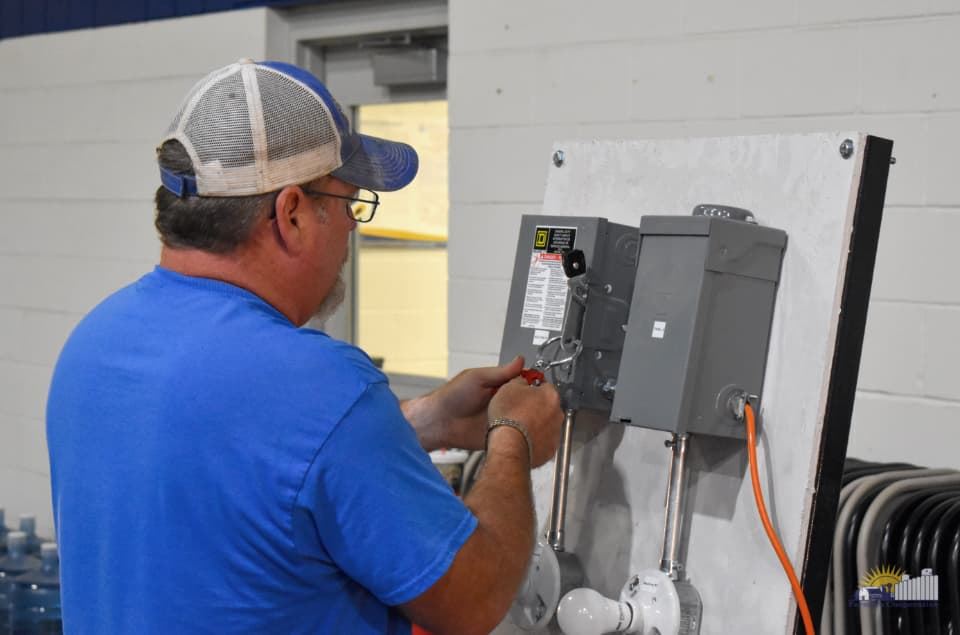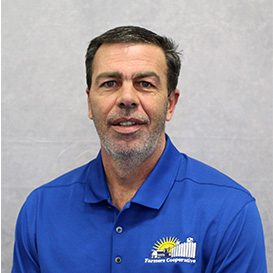
We train and prepare to prevent the unthinkable
Farmers Cooperative makes safety a top priority to protect our employees, contractors, vendors and guests. We provide ongoing training to prevent accidents and respond in a way that's appropriate and under best practices should an accident occur.
We work with local fire departments to help them understand the potential hazards at our facilities, so they are better prepared as first responders. We also supply them with tools like grain bridges to assist in grain bin rescues.
Every individual at Farmers Cooperative must take ownership of his or her own safety and the safety of co-workers and work environment. We've created a safety guide called CARE for employees to document their actions related to safety.
Consequences - There are consequences for our actions or inactions regarding safety.
Accountability - There must be understanding of who is accountable for which safety actions.
Responsibility - Each individual is responsible for ensuring that safety protocols are followed.
Expectations - We should have expectations about safety measures and make others aware if something does not need an expected level of safety.
Grain Safety
Growing Safely is a guide to provide insight into preventing grain entrapments and understanding how three types of entrapments occur. Severe injuries and deaths can be avoided with a constant commitment to basic safety measures and situational awareness. Every flowing grain entrapment is a preventable incident.
Read More >
Additional grain safety documents from OSHA >
Download the Grain Handling Safety Poster - Provided by OSHA >
Grain Bin Engulfment and Suffocation Risk >
Chemical Safety
Read more about Safety Tips for the use of Anhydrous Ammonia >
Secondary containment and a load-out facility are required when bulk pesticide storage capacity exceeds 500 gallons. Even if secondary containment is not required, a custom applicator must have a load-out facility when using pesticides from original containers larger than 3 gallons or when using pesticide or fertilizer mixtures of more than 100 gallons.
Read More >
What is your why?
Meet Our Safety Team
Click photo for more info







Meet Our Safety Leaders Team
Click photo for more info

















Request Training
If your organization could benefit from safety training, we want to talk. Whether you’re an ag teacher, FFA chapter, fire department or other organization involved in farming or agribusiness, we’re happy to come to you to help train your team on safety protocols for agriculture.
Please complete the form below
*Required Fields